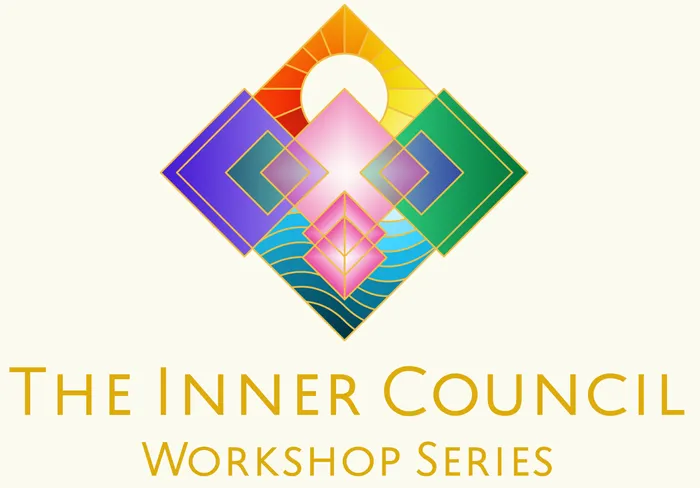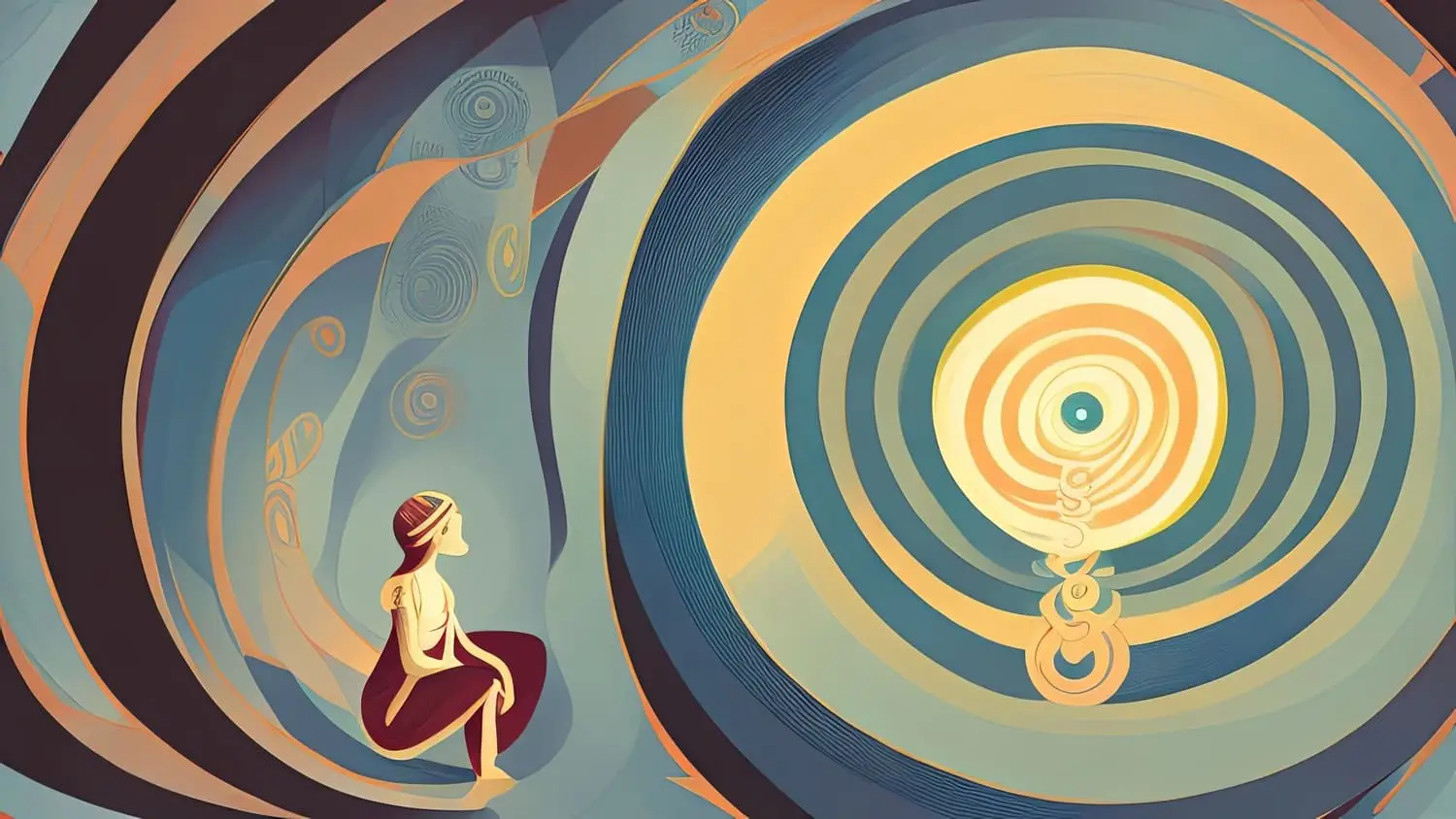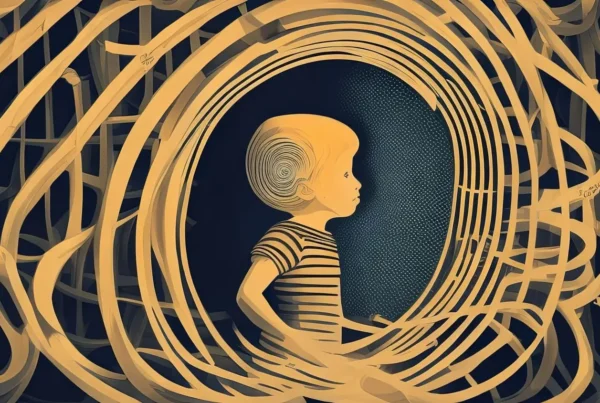BOOK YOUR WORKSHOP TODAY
All posts published here are presented as casual conversation pieces to provoke thought in some direction or another, they do not necessarily represent fixed opinions of the Inner Council, as our work exists beyond the spectrum of bound statement and singular clause.
Meeting the inner critic
It may sound ominous and harsh to imagine an aspect of ourselves that’s role is to criticise what we think, believe, feel and do. Well, this is a very real aspect of archetypal work. The inner critic or internal critic represents the voice of doubt, fear, shame and guilt that has been cultivated over the years as a result of our experience with the outside world. Perhaps you are all too familiar with this part of self. When things go not as expected, or intended, when we feel stuck, unable to make a decision, doubting, wavering on a mental scramble of reason and logic as to how things ‘should’ be, the inner critic can rise up. It may sound like:
“You’re not good enough to/can’t do…”
“How could you let this happen”
“Why do you always screw this up?”
“You are not deserving (worthy) of…”
“I knew it was the wrong decision”
Where does it begin?
The way we were parented is a prime example of how the inner critic’s voice can take seed. As we are developing through our primary developmental years of childhood (0-7 years old), we are susceptible to all external influences; including direct experience with others in forms of contact and relationship, energy, atmosphere, mood, environment. We unconsciously absorb words, emotions and situations that were part of our experience, as well as the experience of another. When we are younger and our developed sense of self is still growing, we imagine the world from an egocentric point of view. Growing up hearing things said to us and to other people, in dialogue, we internalise these words as truth and to mean something personal to us.
How the Inner Critic forms
We unconsciously give life to the Inner Critic in situations where we have received feedback from someone else, or witnessed someone receiving judgement. As this is shaping our experience of the world, we form beliefs and judgements from these interactions and we believe them to be true about ourselves. We have unconsciously attached to these ideas and without realising it, create and feed a critical voice that brings on negative self-talk, judgement, disempowerment, lost sense of self-assurance. This extends from our home (parents) out into society where institutions like school, university, colleagues, peers, and bosses all have their roles in playing out our perceived experience of self-criticism. The Inner Critic may have been heard in the following ways:
“No, that’s wrong, now do it again, correctly”
“You always were a waste of space”
“You’re just not what we are looking for/qualified/clever enough…”
“I think it’s better if you keep your mouth closed and opinions to yourself”
“I don’t trust you to make the right decision here”
Calming the Inner Critic?
You may wonder why the repetitive voices in your head are always negative, to this there is a simple answer. Only the lower vibrational messages seek to control. What that means to us is that we need great effort if we are to overwrite the familiar messages from our long-time critic with positive and encouraging messages. We need to sound them out loudly and pin them to our bedroom walls. 21 days to break a habit. One other way to help is to understand that the negative thoughts are old, outdated and that every day you wake up is new and unknown. None of those voices can know what the day will bring. Making the voices irrelevant, disassociates their influence on our very new experiences that are unfolding each day. This is where we should tend our mind.
Without awareness of our inner dialogue and external triggers from our environment and those around us, we continue to let the Inner Critic show up and disempower us. The work that the Inner Council encourages and recommends are practices such as mindfulness meditation to begin observing the self-critical voice when it arises. The Inner Council also has their own techniques with which to tap into and expose the Inner Critic.
With inner child work, we can often trace the inner critic back to childhood; noticing a tendency for it to be observable as our mother and father’s voice/phrase/words they used to say to us, or to another person. Similarly, later on in adolescence; teachers, peers, first work experience and working environment with colleagues and bosses. Any perceived judgement or criticism is a threat to our ego, our automatic reaction is to defend ourselves and build a wall to protect ourselves. Working closely and intentionally with our inner child, we safely dismantle these barriers and learn to befriend our inner critic, using it as a tool to regain a sense of self, own our power and reintegrate these wounds back into a non-fragmented Self.
If this resonates and you’d like to find out more, please read more about the Inner Child Workshop.





